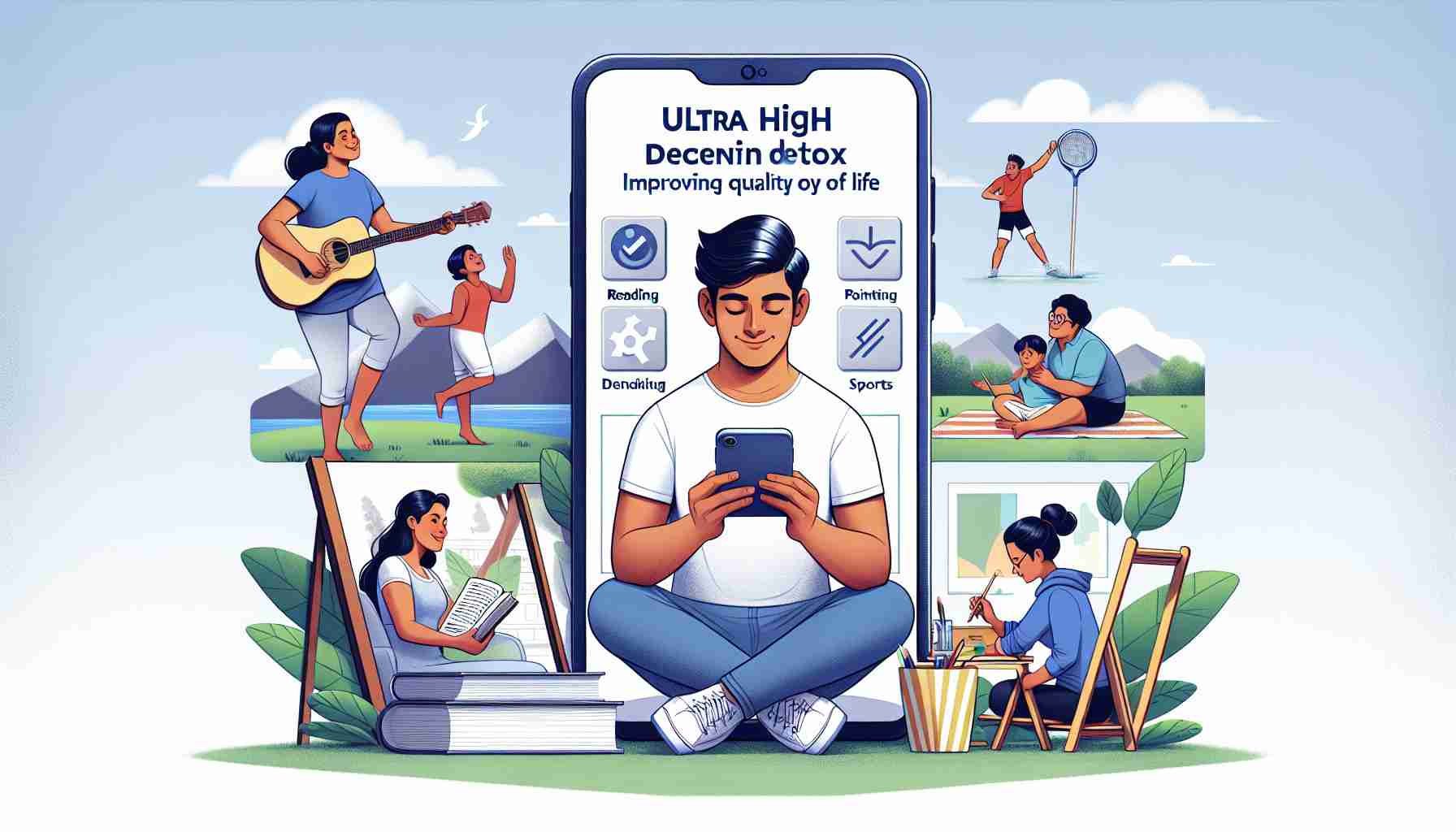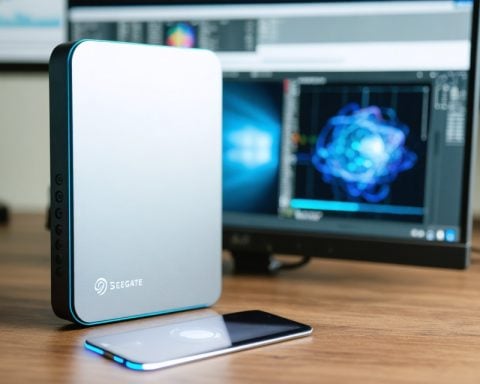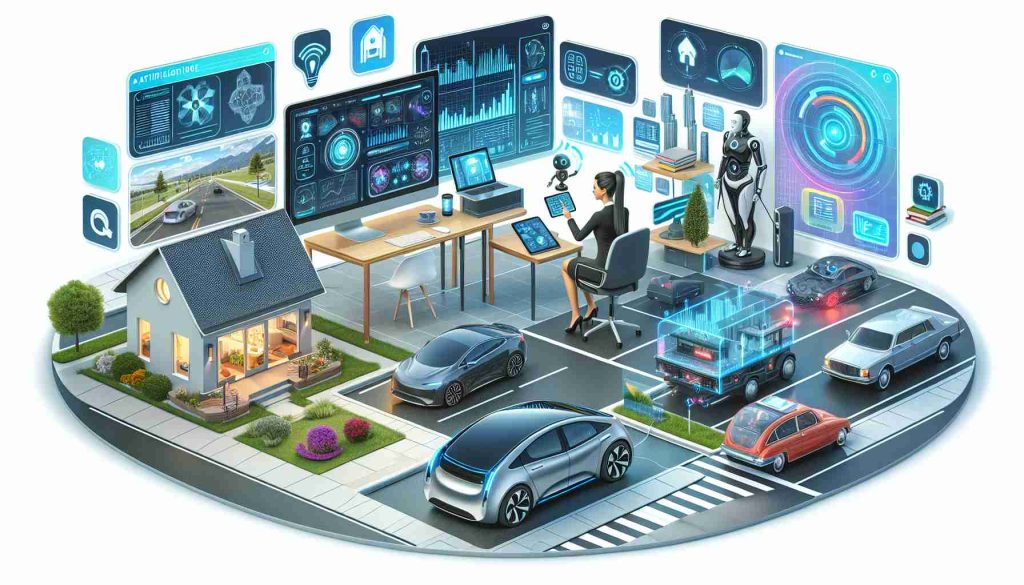Living a life without constant access to the internet and smartphones may seem unimaginable in today’s digital age. However, many individuals are choosing to embrace a simpler lifestyle by switching to basic phones that only allow calls and texts.
Psychological studies have shown that reducing smartphone usage can lead to a more relaxed lifestyle. By decreasing the time spent on phones, individuals can regain control of their attention and focus on activities that truly interest them.
Furthermore, excessive smartphone and internet use have been linked to negative impacts on mental health. High levels of phone usage have been associated with sleep disturbances, heightened stress levels, and increased feelings of anxiety and depression.
Reducing screen time not only improves mental well-being but also enhances social connections. By minimizing social media usage, individuals are more likely to engage in face-to-face interactions, strengthening relationships with family and friends and expanding their social circles.
Recognizing the signs that indicate the need for a digital detox is crucial. These signs include feeling anxious when separated from your phone, constantly checking your device, or experiencing negative emotions after prolonged screen time.
To achieve a healthier relationship with technology, setting boundaries and limits is essential. This can involve restricting social media usage, reducing notifications, engaging in alternative activities, and reflecting on the benefits of limiting smartphone use.
Diving Deeper into the Impact of Digital Detox on Life Quality
In the realm of digital detoxing, there are several crucial aspects that deserve further exploration to better understand the benefits and challenges associated with limiting smartphone use.
What are the key signs that indicate the need for a digital detox?
Recognizing when it’s time for a digital detox is essential for maintaining a healthy relationship with technology. Apart from the common signs mentioned earlier, other indicators may include a decrease in productivity, a constant urge to check notifications, physical symptoms like eye strain or headaches, and a general sense of disconnection from the real world.
What are the main advantages of a digital detox?
One significant advantage is the potential improvement in sleep quality. Excessive screen time, especially before bedtime, can disrupt sleep patterns due to the blue light emitted by devices. By reducing smartphone use, individuals may experience better sleep, leading to increased energy levels and overall well-being. Additionally, digital detoxes can boost creativity, enhance mindfulness, and foster a deeper appreciation for the present moment.
What are the main challenges or controversies associated with digital detoxing?
While the benefits of digital detoxing are numerous, challenges may arise, particularly in today’s digitally connected society. One common challenge is the fear of missing out (FOMO) on social media updates or important messages. Individuals may also face pressure to stay constantly connected for work or social reasons, making it difficult to fully disconnect from their devices. Moreover, navigating the balance between staying informed and avoiding information overload can be a point of contention for those considering a digital detox.
Advantages of a Digital Detox:
– Improved sleep quality
– Enhanced creativity and mindfulness
– Increased productivity and focus
– Strengthened personal relationships
– Reduced feelings of anxiety and stress
Disadvantages of a Digital Detox:
– Potential social isolation or FOMO
– Professional or academic implications of reduced connectivity
– Difficulty in setting and maintaining boundaries
– Initial discomfort or withdrawal symptoms
Embracing a digital detox involves a conscious effort to prioritize real-world experiences over digital distractions, ultimately leading to a more fulfilling and balanced lifestyle.
For more information on digital well-being and tech-life balance, visit Psychology Today or HelpGuide.
























